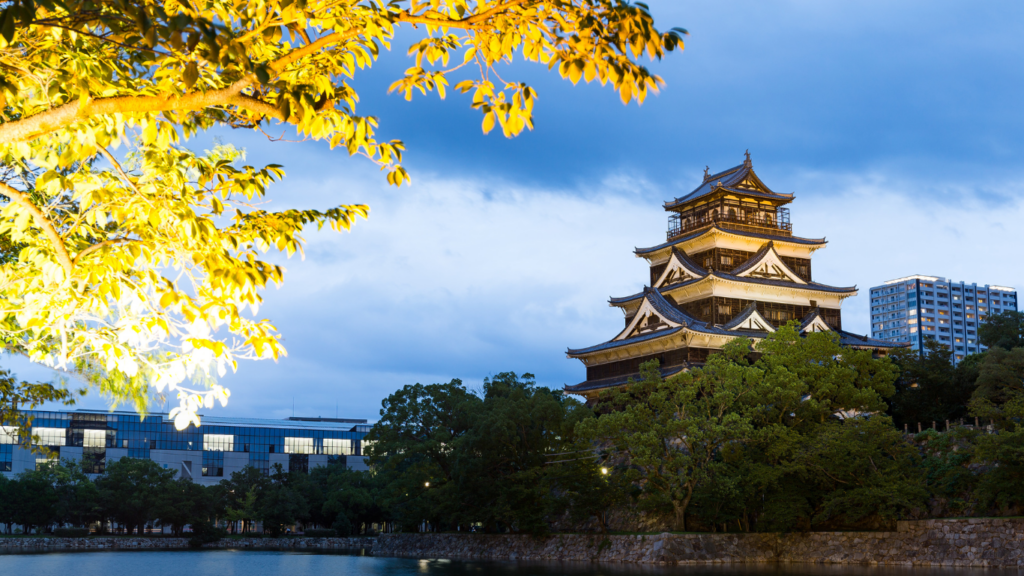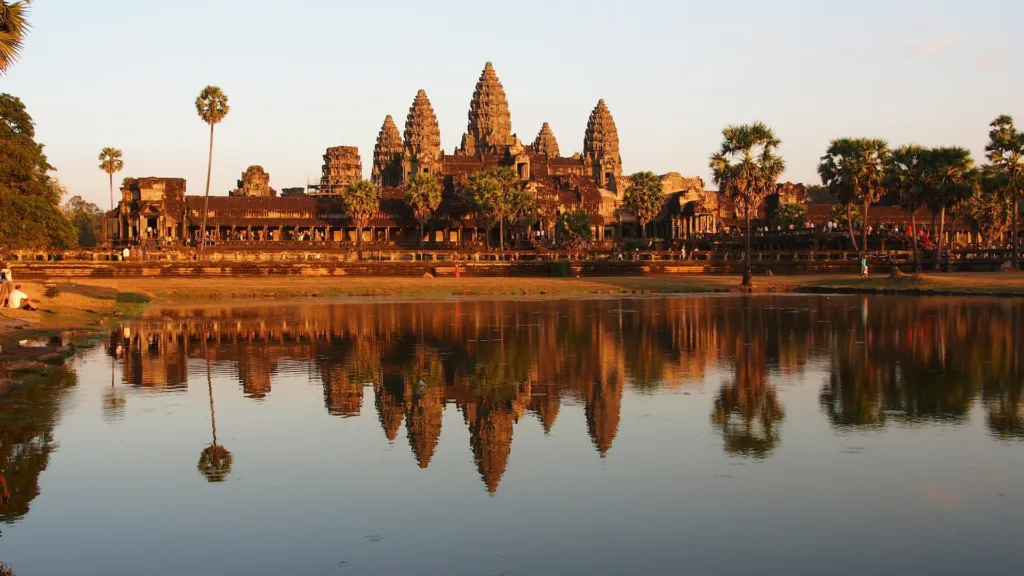Step into the land of the rising sun
Rich in its nature, culture, and geography, Japan is a nation that every traveller should strive to visit at least once. Their uniqueness makes the Japanese islands some of the most interesting, beautiful, and fulfilling countries you can visit as a world adventurer.
From Hokkaido’s snowy mountain peaks to the subtropical islands of Okinawa, the vastly varying climates and landscapes of Japan can transport you to other worlds in a matter of hours. Its mountainous terrain, combined with some of the most incredible metropolises in the world such as Tokyo and Osaka further showcase the impressive range that this country provides.
From world-famous food such as Sushi and Ramen, to rich cultural traditions that you’ll struggle to find anywhere else in the world, every day in this fascinating nation is unique for travellers. If you’re looking to escape from the norm and dive into a completely unfamiliar environment, Japan provides some of the best opportunities anywhere for you to try something you’ll likely have never tried before.
The Japanese people are excited to show you their country, culture, and cities. Your next story is waiting for you in Japan.

Yakushima
Yakushima, an island for nature-lovers. With some of the most breathtaking views...
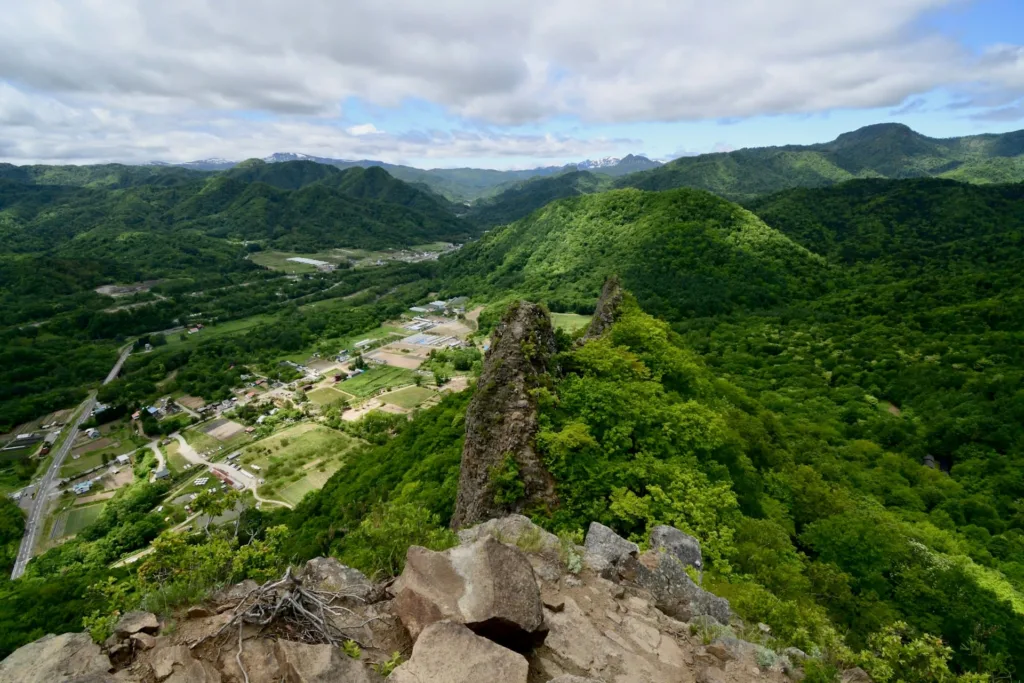
Sapporo
Stunning snow-topped mountains, miles upon miles of green hills, and world-famous winter...
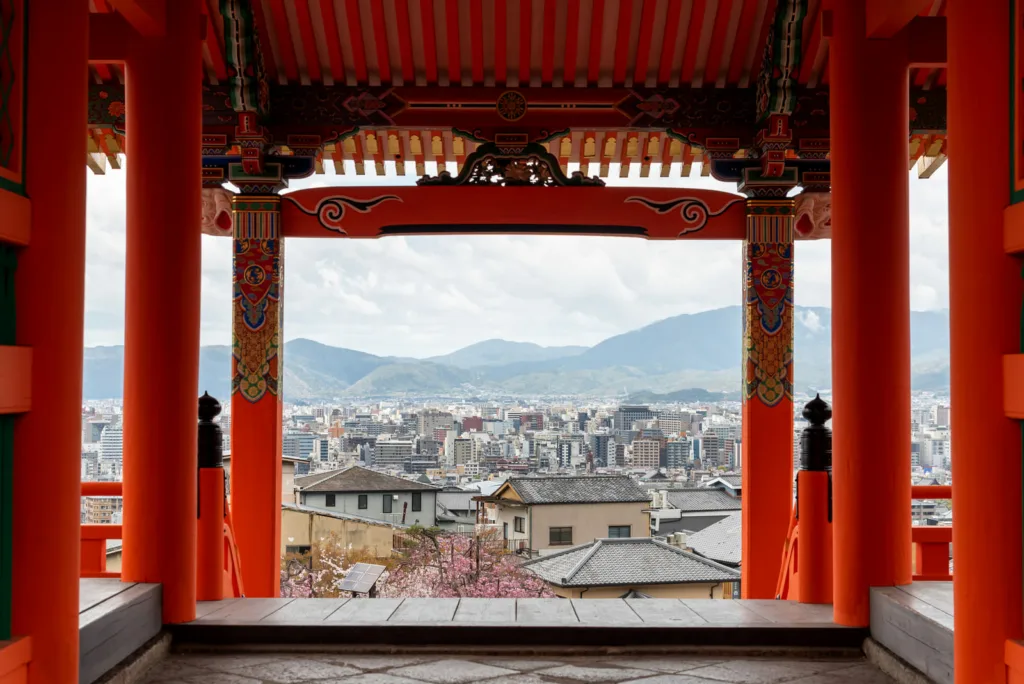
Kyoto
Modern metropolis meets ancient history in Kyoto. For those looking to take...
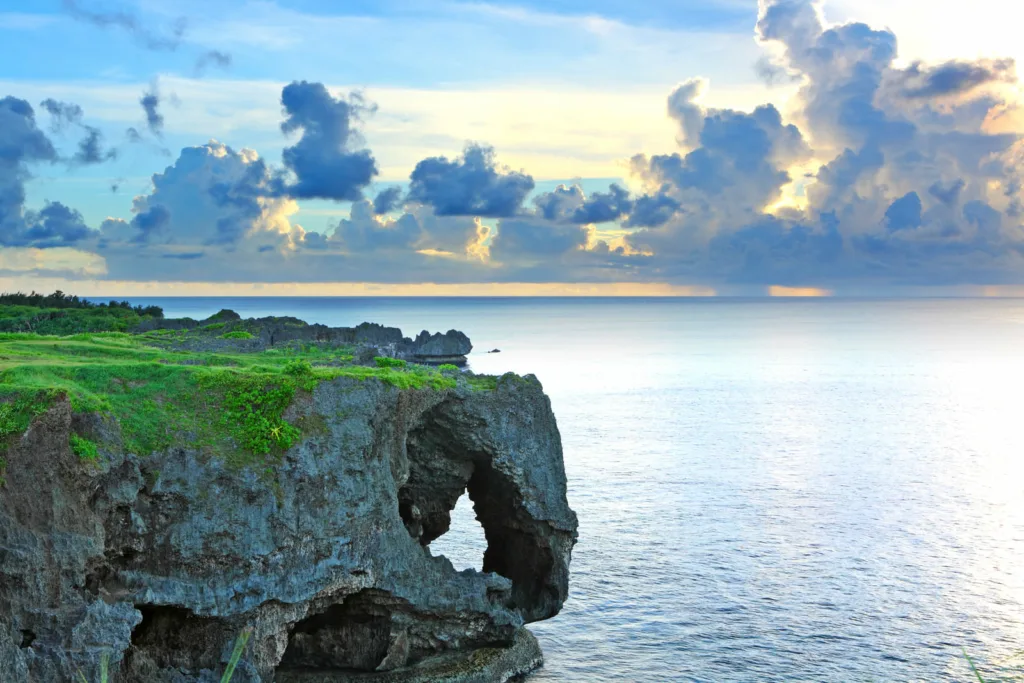
Okinawa
A tropical paradise in southern Japan. Explore stunning beaches and a different...
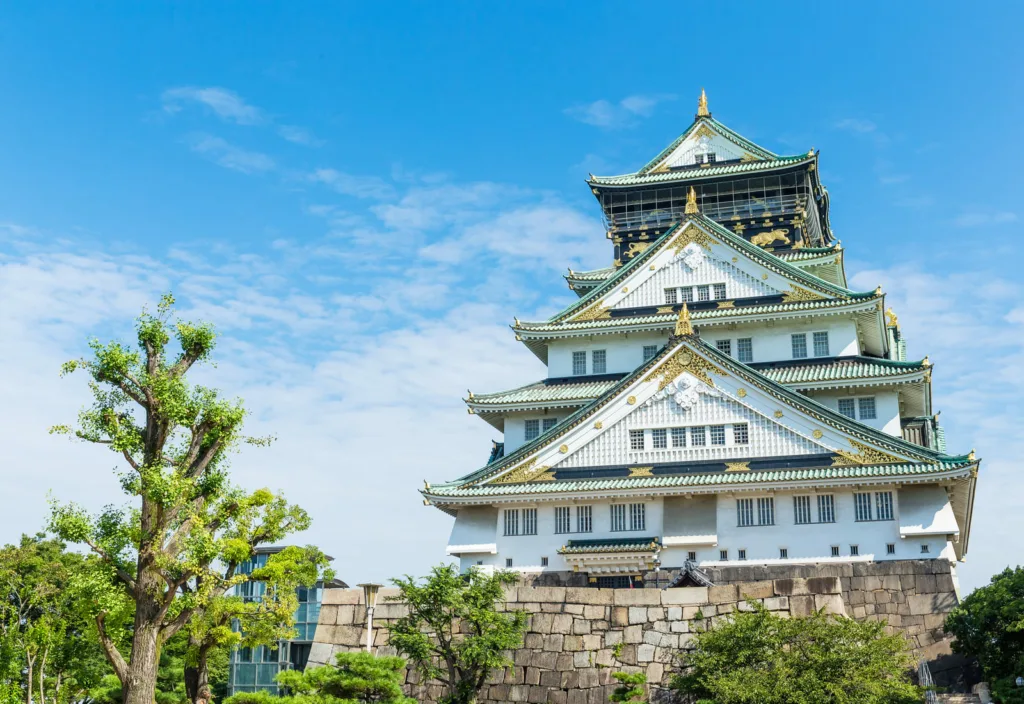
Osaka
Rich history and once the capital of Japan, Osaka is home to...
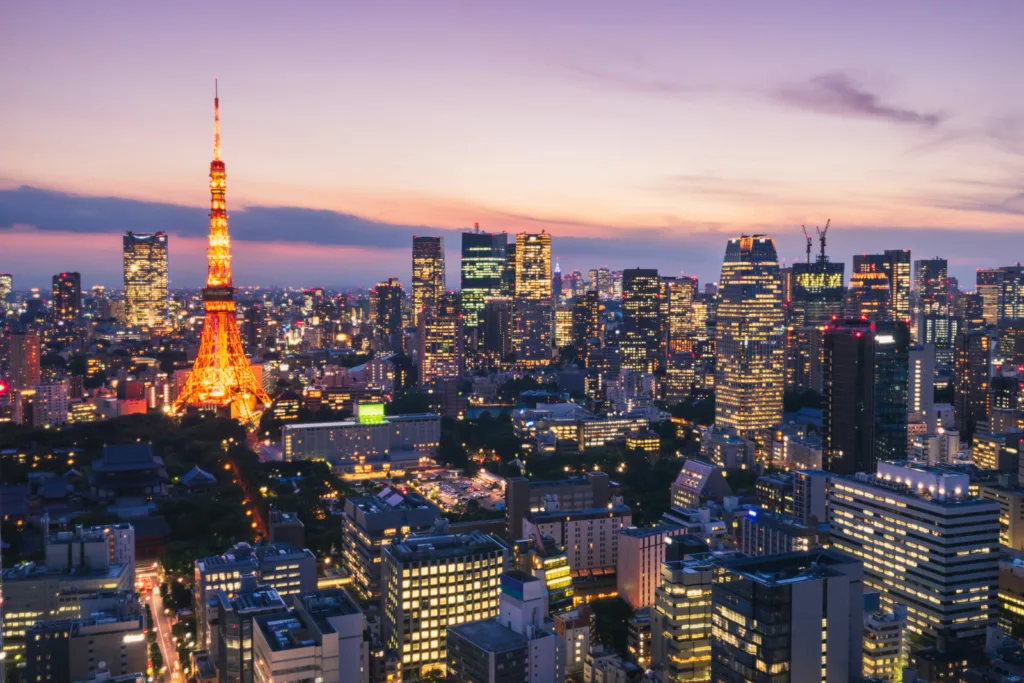
Tokyo
Jump into the sprawling metropolis of the world’s largest urban area.
Nature
When you look at the natural beauty of Japan, one thing springs to mind: range. From the frozen mountains of Hokkaido to the sub-tropical islands of Okinawa, Japan hosts some of the most breath-taking and unique natural beauty in the world. The landscape really does change dramatically the more you travel through this incredible country. It’s not just the scenery that’ll steal your heart – Japan is also home to unique wildlife and flora in the sky, land, and sea. Bears and boars, cranes and eagles, dolphins and whales, the range we see in the landscape is mirrored in Japan’s animal life.
Culture
Japan’s rich history and culture comes through in practically every aspect of daily life in this fascinating country. You can expect to enjoy plenty of what this country has to offer during your trip. Be sure to sample delicious Japanese cuisine, visit the ancient temples and shrines, and take part in traditional activities like calligraphy and martial arts.
Transport
In Japan, public transportation is renowned for its effectiveness, punctuality, and cleanliness. The nation boasts a vast network of subways, buses, and trains that link urban and rural areas. The Shinkansen, or bullet train, is among the most effective and well-liked methods of getting throughout the nation. It’s renowned for being on time and provides high-speed service connecting major cities like Tokyo and Kyoto.
Tourists can easily travel around thanks to the fast and user-friendly subway systems in places like Tokyo and Osaka. For travel within cities, taxis and buses are almost always available and are super practical. The transportation network in Japan is highly developed, simple to use, and is one of the most dependable and safe anywhere in the world!
Accommodation
Traditional Japanese inns, known as ryokans, are available in Japan, as are modern hotels and hostels. Ryokans, with their traditional tatami mat floors, futon beds, and communal hot springs, provide a one-of-a-kind cultural experience. They also frequently serve traditional Japanese cuisine. Western-style hotels are available in most cities and provide a more familiar experience, whereas hostels are a more affordable option.
Capsule hotels, which are designed for brief stays, are also gaining popularity in Japan. Traditional Japanese guest rooms with futon bedding and tatami mat floors are available in some accommodations. For those seeking more private accommodations, Japan offers a wide range of vacation rentals such as apartments, villas, and even houses for rent.
We seriously recommend you stay in at least one ryokan during your trip – it’s a great way to truly immerse yourself in the culture.
Cuisine
Probably one of Japan’s most famous exports, sushi, is only one of the many incredible dishes you must sample during your stay in Japan. Japanese cuisine (washoku) is renowned for its focus on traditional cooking methods and use of fresh ingredients.
The food here uses a wide range of ingredients to create some of the tastiest dishes you can try anywhere in the world. You must try authentic sushi from a proper sushi bar while you’re visiting, as well as ramen, okonomiyaki (savoury pancakes) and the huge seafood offering you’ll find throughout the country.
Be sure to pick up some food from street vendors at markets and smaller establishments too! Some of the best food in Japan can be found at smaller, independent restaurants and stalls.
Tours
Guided city tours, which can take visitors to historical sites and cultural landmarks in cities such as Tokyo and Kyoto, are common in Japan. Many tour companies also organise day trips and excursions to nearby towns and villages, such as Nikko and Hiroshima, where you can learn about the region’s history and culture.
There are also tours for visitors who want to do specific activities like hiking, skiing, or hot spring bathing. It can be a little overwhelming arriving in a new country and not knowing what to do! We recommend tours if you want to be sure you don’t miss anything during your stay.
Visas and Entry Requirements
Entry to Japan is conditional on arriving with a passport and a visa (unless you’re from a country that is visa-exempt). Visas for tourists are typically for 90 days.
You will need to register your details with Japanese authorities before you fly. You can use the ‘Visit Japan Web‘ website to provide your details and generate a QR code which will allow you to “Fast Track” immigration and customs, avoiding you having to fill out a landing card. Neat!
Be sure to check whether you need a visa or any additional entry documents before travelling to Japan. It can vary from country to country.
Local Laws and Customs
There are a few important laws and customs you need to be aware of before travelling to Japan.
Jaywalking is generally not tolerated in Japan.
Japan has strict laws regarding disposing of waste. Littering is a crime and the penalties are severe.
While attitudes are changing, tattoos are still associated with the yakuza (organised crime). Some places like onsen (hot springs) may have restrictions on individuals with tattoos
Public drunkenness is frowned upon.
Road laws are strictly enforced in Japan, so be sure to follow signs and road laws when driving in the country.
Safety
Japan is renowned for having a very low crime rate and for being very safe. Violent crime is uncommon, and it is normally safe to walk on the streets.
It’s typical for people to leave their homes and their bicycles unlocked. But as with anywhere, to secure yourself and your belongings, it’s still a good idea to be aware of your surroundings and take measures wherever you go. Drug use can result in harsh penalties in Japan due to the country’s strict drug laws. Japan is susceptible to natural disasters such as typhoons, earthquakes, and tsunamis. It’s a good idea to be aware of the risks and what to do in an emergency.
You can contact the police by dialling 110, and 119 to contact fire and ambulance services.
Hospitals in Japan are some of the best in the world, but be sure to travel with suitable travel health insurance when visiting.
Respect
Japan is a country steeped in rich culture and traditions, with loads of exciting places to explore and cultural experiences to take part in. With these traditions (and a culture which may be very different from what you’re used to), it’s essential to familiarise yourself with some basic etiquette that you’ll likely have to display to show respect to Japanese locals. Check out our full guide to being a respectful tourist in Japan.
1
What's the best time of year to visit Japan?
This depends on what you want to do, but visiting in the spring (March-May) or autumn (September-November) are our recommendations. You can see the cherry blossoms in the spring and the autumn leaves later in the year, when Japan is at its most stunning. The weather is also milder and it tends to be cheaper to travel at these times of year.
2
Can I use card payments in Japan?
Cards are accepted in many places across the country. However, it’s a good idea to carry cash, as this is still the preferred way to pay for goods. You might also find a few places don’t accept foreign cards.
3
Should I tip in Japan?
Tipping is not expected in Japan, and may even be considered rude.
4
How do I get around in Japan?
Thanks to its extensive public transport system, as well as taxis and rental cars, getting around in Japan is easy!
5
What should I know about etiquette in Japan?
Japan’s customs may seem a little intimidating for western travellers. It’s a good idea to familiarise yourself with basic etiquette before visiting. Removing shoes, avoiding public displays of affection, bowing, and not talking on your phone on the train are just some of the customs you should be familiar with. Check out our guide to respectful tourism in Japan for more information!
6
Are there any traditional Japanese experiences I can take part in?
Of course! We recommend going to tea ceremonies, martial arts classes, shows, and calligraphy classes!
7
Can I drink the tap water in Japan?
Yes, tap water in Japan is fine to drink.
8
How do I stay connected in Japan?
Japan’s mobile networks are well-connected, and many places offer free Wi-Fi. You can pick up a prepaid SIM card while you’re visiting, or rent a WiFi box from one of many vendors found in larger cities.
9
What are some popular destinations in Japan?
Tokyo, Kyoto, Hiroshima, Mount Fuji, and Osaka should all be at the top of your list if you’re visiting Japan for the first time. They’re all easily accessible from each other and give you a great sense of Japanese life. But there’s a whole country to explore, so don’t just stick to the most popular places! Sometimes the best adventures are those a little off the beaten track…
10
Do I need a visa to enter Japan?
This depends on your nationality and length of your stay. 60 countries are currently exempt from requiring a visa for short stays (90 days), but you may need one for longer stays, or if you’re visiting from a country with a requirement for one.

